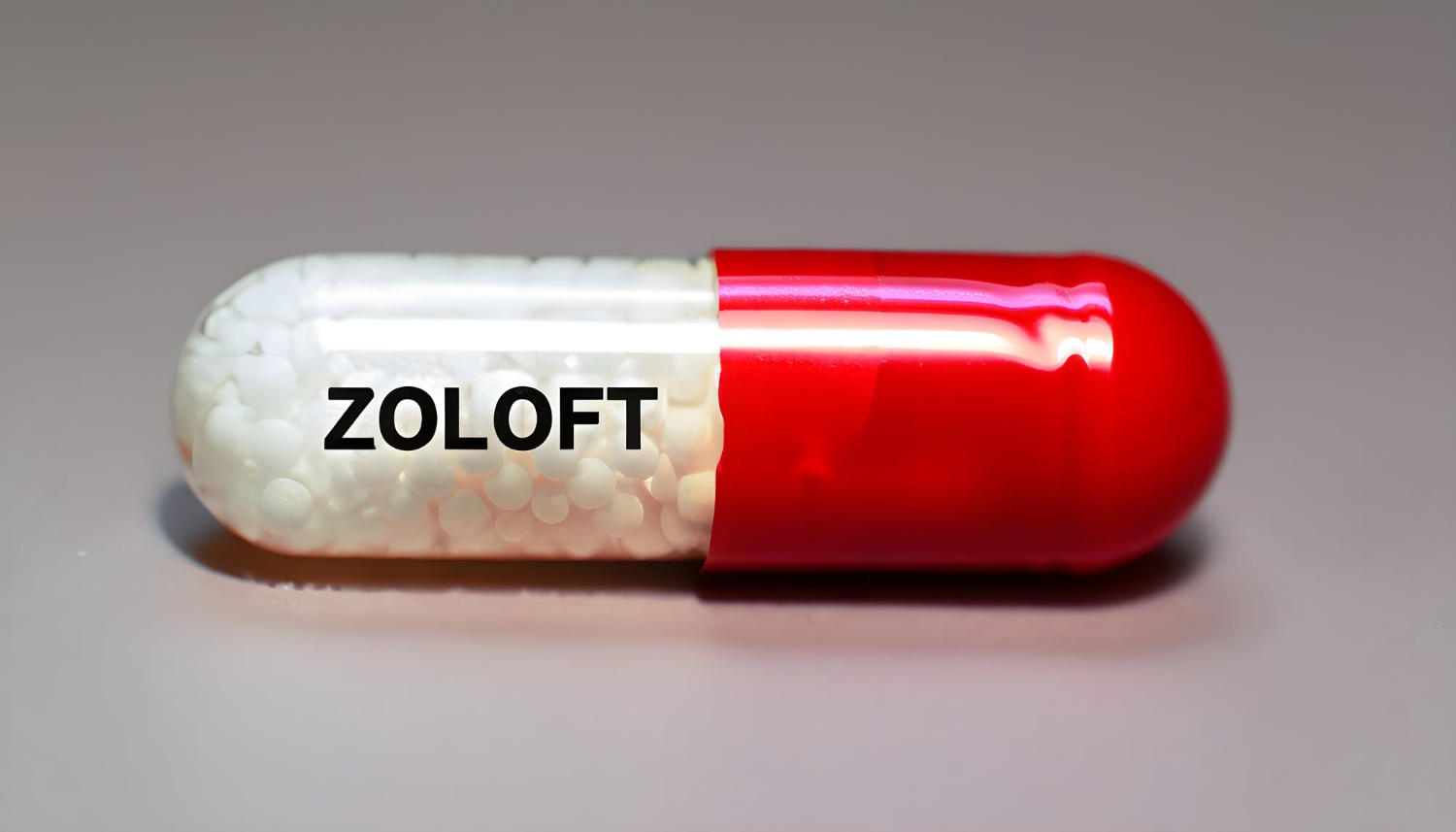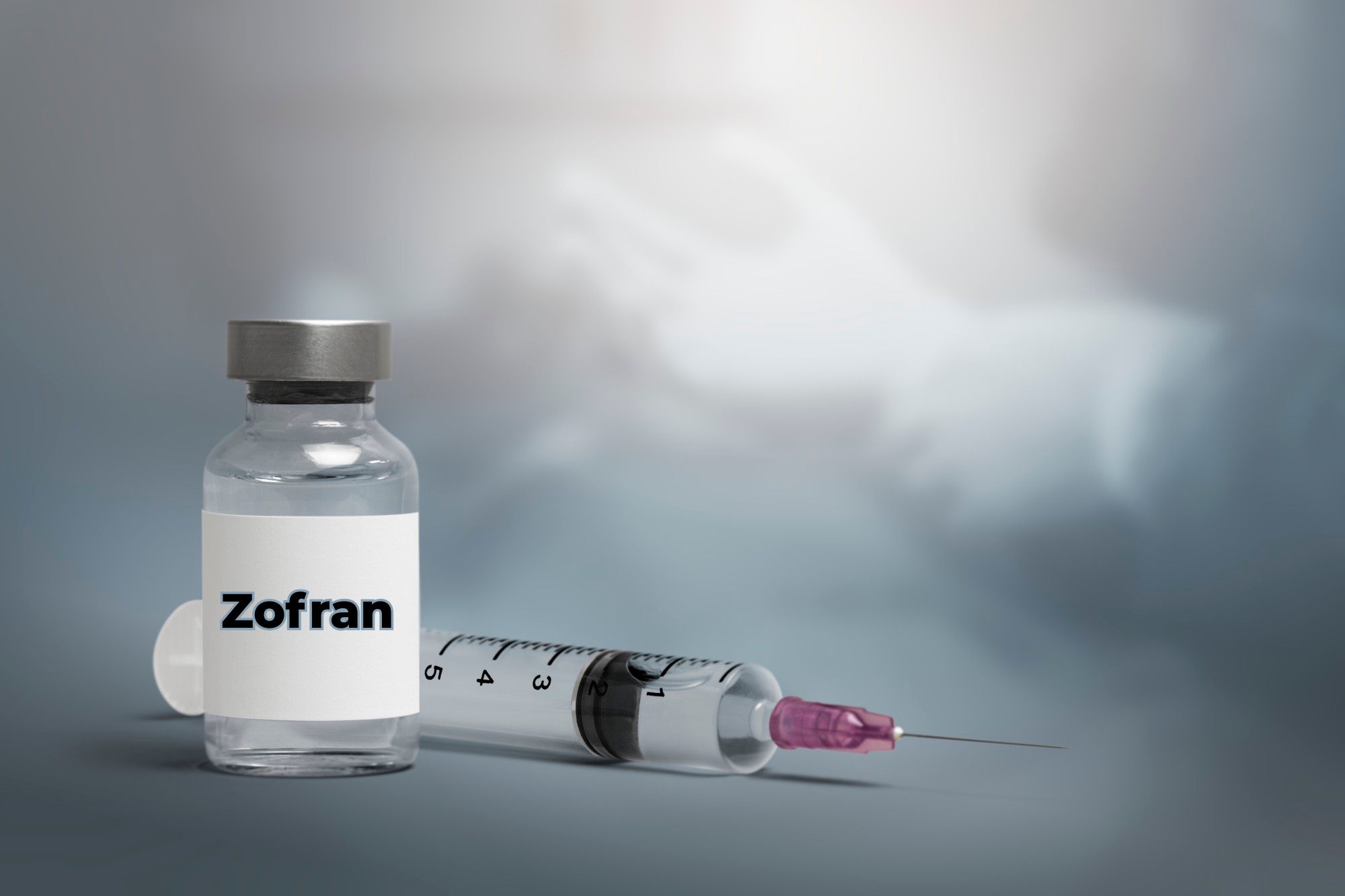Zantac, available with a prescription and over the counter, works by reducing the amount of acid made by the stomach.
In September 2019, public concerns about the Zantac cancer risk emerged when an independent on-line pharmacy Valisure discovered that each pill may expose users to NDMA levels higher than the permissible daily intake limits set by the FDA. The pharmacy found that some 150 mg pills contained more than 3,000,000 nanograms (ng) of NDMA, while the daily limit deemed safe by the FDA is only 96 ng.
In April 2021, Sanofi informed the investors that it was planning to bring back Zantac with the generic pharmaceutical ingredient found in Pepcid; famotidine. The spokesperson for Sanofi announced on April 28, 2021, that the company will launch a new product named Zantac 360. The company even notified that it will use famotidine, which is the active ingredient in Pepcid instead of ranitidine to manufacture the new product. The company announced it will release two versions of the new Zantac drug on the U.S. market in June 2021. The products include a 10 mg famotidine “Original Strength” version, and a 20 mg “Maximum Strength” version.
Common Side Effects:
- Headache
- Drowsiness
- Insomnia
- Swollen or tender breasts in men
- Nausea
- Stomach pain, diarrhea, and constipation
Serious Alleged Injuries May Include:
- Liver Cancer
- Kidney Cancer
- Bladder Cancer
- Stomach Cancer
- Colorectal Cancer
- Esophageal Cancer
FDA Safety Warnings:
The FDA has advised companies to recall the drug if they find the cancer-causing chemical N-Nitrosodimethylamine (NDMA) levels exceeding the set daily acceptable limit for consumption at 96 nanograms or 0.32 parts per million (ppm).
September 24, 2019: Some manufacturers voluntarily recalled certain lots of Zantac due to the presence of NDMA.
October 2, 2019: The FDA conducted preliminary testing of some drug samples and concluded that contamination levels were “unacceptable.”
October 2019: Sanofi announced it's undertaking a voluntary recall of Zantac due to concerns about the potential cancer-causing chemical NDMA.
November 1, 2019: The FDA announced that it had found NDMA in all the drug samples that were tested.
January 2020:
The FDA made the following announcements:
- Appco Pharma LLC is voluntarily recalling prescription ranitidine hydrochloride capsules.
- Northwind Pharmaceuticals is voluntarily recalling prescription ranitidine tablets (150 milligrams and 300 mg), manufactured by Glenmark Pharmaceutical Inc.
April 1, 2020: The FDA requested manufacturers to discontinue all versions of Zantac from the market, as it posed a risk to public health.
Legal Updates:
Defendants:
- Sanofi
- Pfizer
- Boehringer Ingelheim
- GlaxoSmithKline
Defendant Law Firm:
- Sanofi is represented by Anand Agneshwar of Arnold & Porter.
- Pfizer is represented in the MDL by Joseph G. Petrosinelli of Williams & Connolly LLP.
- Boehringer is represented by Paul Schmidt of Covington & Burling LLP.
- GlaxoSmithKline is represented by Mark Cheffo of Dechert LLP.
Allegations: Lawsuits have been filed against the manufacturers of Zantac, alleging that drug manufacturers failed to warn about the presence of carcinogen NDMA. Plaintiffs allege manufacturers knew or should have known about Zantac cancer risks problems for decades, yet aggressively marketed and sold brand-name prescription, generic and over-the-counter versions of Zantac for years, without warning the users about the risk of developing cancer.
Plaintiff Steering Committee
Rosemarie Riddell Bogdan- Martin, Harding & Mazzotti, LLP
Mark J. Dearman- Robbins Geller Rudman & Dowd LLP
Elizabeth A. Fegan- Fegan Scott LLC
Marlene J. Goldenberg- GoldenbergLaw, PLLC
Roopal P. Luhana- Chaffin Luhana LLP
Ricardo M. Martinez-Cid- Podhurst Orseck, P.A.
Lauren S. Miller- Cory Watson, P.C.
Melanie H. Muhlstock- Parker Waichman LLP
Daniel A. Nigh- Levin, Papantonio, Thomas, Mitchell, Rafferty & Proctor, P.A.
Carmen S. Scott- Motley Rice LLC
Mikal C. Watts- Watts Guerra LLP
Sarah N. Westcot- Bursor & Fisher PA
Conlee S. Whiteley-Kanner & Whiteley LLC.
R. Brent Wisner- Baum, Hedlund, Aristei & Goldman P.C.
Frank Woodson- Beasley, Allen, Crow, Methvin, Portis & Miles, P.C.
Lawsuit Status:
In February 2020, the U.S Judicial Panel on Multidistrict Litigation (JPML) consolidated and centralized the growing number of Zantac lawsuits before U.S. District Judge Robin L in Florida under MDL No: 2924, for coordinated discovery and pretrial proceedings.
MDL Status: Active and on appeal
Important Verdicts & Settlements: Currently there are no settlements made.
May 2021: Lawyers of more than 70,000 former patients who sued Sanofi accused that the company has deleted email links related to a 2019 recall of the heartburn medication Zantac. The mails deleted by Sanofi included some mails from the head of regulatory affairs for the company's U.S. Consumer Healthcare division. It will be difficult for the consumers without the emails to prove that Zantac contains a suspected carcinogen. The lawyers for the patients requested the judge to give them some more time to prepare for their first trials, to begin the following year. The lawyers further explained that the deleted emails were very important and would delay in getting the key Sanofi testimonies.
The authorities of Sanofi stated that the company would thoroughly investigate the email destruction and will also provide a detailed report to the judge overseeing the Zantac cases. Although the company had already provided the required documents of relevant discovery to the plaintiffs, it intentionally disclosed the mishandling of certain emails requested by the plaintiffs. The spokesperson for Sanofi defending the company said that the data loss was not intentional and the company was making the necessary arrangements to gather as much as data possible from alternative sources. The company stated it was confident about the safety of Zantac and this issue will not have any impact on Sanofi's strong defenses in the litigation.
December 2020: A study was published in December 2020, in the medical journal Organic Process Research & Development in which U.K. researchers working with Zantac manufacturer GlaxoSmithKline (GSK) suggested that the degradation of the active pharmaceutical ingredient ranitidine results in the formation of the cancer-causing chemical N-nitrosodimethylamine (NDMA).
Ranitidine hydrochloride is a drug sold under the name of Zantac, used to treat and prevent ulcers in the stomach and intestine. Earlier that year, the FDA requested manufacturers to discontinue all versions of Zantac from the market after finding that the cancer-causing chemical NDMA levels in the drug exceeded the set daily acceptable limit. According to this latest study, the researchers conducted a root cause analysis and confirmed that the heat produced by the human body's digestive processes aids in the transformation of the ranitidine molecule into the toxic chemical. The researchers further found that the impurities did not play any role in Zantac NDMA contamination.
The analysis was done using suitably isotopically labeled ranitidine hydrochloride, which revealed that the factors that influence the transformation were heat, humidity, and the crystal morphology of ranitidine hydrochloride with the material that exhibits a columnar habit showing a slower rate of degradation.
Click here for more: Verified Bill Particulars | Drugs information | Data migration | Claim Validation
Evidence:
- Duration Of Usage
- Indication Of Usage In Medical Records
- Evidence Of Injury In Follow Up Medical Records
Medical Record Review and claim validation of Zantac case should take approximately 3 hours in most instances; however, this approximation may vary in cases based on the volume of records.




